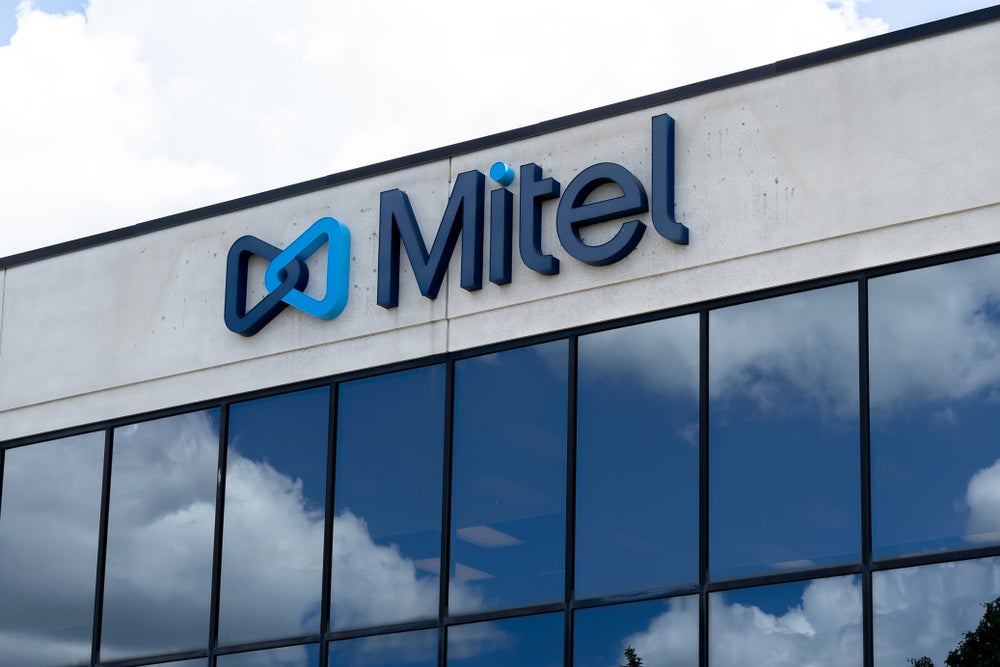Updated: The Pentagon has cancelled the Joint Enterprise Defense Infrastructure (JEDI) cloud contract following prolonged legal challenges by Amazon Web Services (AWS) after the $10bn deal was awarded to rival Microsoft in October 2019.
The US Department of Defense (DoD) said in a statement that it cancelled the JEDI cloud contract because “industry advances” meant the old deal “no longer meets its needs”. The DoD said it will reopen the procurement process to Microsoft and Amazon‘s cloud subsidiary AWS as “available market research indicates that these two vendors are the only cloud service providers capable of meeting the department’s requirements”.
The ten-year contract was set to replace the Pentagon’s legacy computer networks with a single cloud system to store its classified information.
For the 20 months since the Pentagon awarded Microsoft the JEDI contract, the project has gone nowhere after becoming mired in legal action from AWS, which had been expected to win the contract. One-time competitor for the contract Oracle had also protested against awarding it to Microsoft.
The cast in the Pentagon JEDI cloud saga involved the world’s biggest tech companies, the world’s richest man (Amazon chief executive Jeff Bezos), former US President Donald Trump and the world’s biggest IT-procuring government department. Amazon alleges that it lost the contract because of a long-standing grudge held by Trump against Bezos, who he has previously referred to as “Jeff Bozo”.
Analysts speculated that the contract would not be able to exit the legal quagmire created by Big Tech’s lawyers.
How well do you really know your competitors?
Access the most comprehensive Company Profiles on the market, powered by GlobalData. Save hours of research. Gain competitive edge.

Thank you!
Your download email will arrive shortly
Not ready to buy yet? Download a free sample
We are confident about the unique quality of our Company Profiles. However, we want you to make the most beneficial decision for your business, so we offer a free sample that you can download by submitting the below form
By GlobalDataIn March, GlobalData analysts wrote: “Big Tech’s continual litigation could spell the end for the DoD’s high-profile JEDI Cloud computing contract.”
They added: “It is now entirely possible that the Biden administration will abandon the procurement. After surveying the legal brief-strewn battlefield, it could conclude that JEDI is more trouble than it’s worth.”
In a statement, Microsoft said: “Because the security of the United States through the provision of critical technology upgrades is more important than any single contract, we respect and accept DoD’s decision to move forward on a different path to secure mission-critical technology.”
The technology giant added that the process for contesting government contracts “needs reform”.
An Amazon Web Services spokesperson told the BBC: “We understand and agree with the DoD’s decision. Unfortunately, the contract award was not based on the merits of the proposals and instead was the result of outside influence that has no place in government procurement.”
One cloud, lots of headaches
The source of the DoD’s problems goes back to initial decisions taken over procurement in 2017 when the Pentagon insisted on adopting a centralised, ‘one-Cloud’ strategy rather than a multi-cloud, multi-vendor approach.
The contract attracted proposals from Amazon, Microsoft, Oracle, and IBM, with Amazon the favourite for the contract, having won a $600m Cloud computing deal with the Central Intelligence Agency (CIA) in 2013. The Pentagon’s insistence that the award should be limited to one company hampered procurement right from the start, inviting continual protests against the bidding process. So far, the JEDI saga has cost US taxpayers over $5m, not including legal fees.
Amazon’s expected successful pursuit of the contract was derailed when President Trump, lobbied by Amazon’s competitors and members of Congress, called for a review of the bidding process.
A judge in the US Court of Federal Claims, which investigates disputes involving federal contracts, previously concluded that the DoD made a mistake in an aspect of how it evaluated prices for Microsoft and Amazon’s competing bids. It has yet to issue a ruling on the central question of Amazon’s protest: did Trump lean on top defence officials to steer the contract away from Amazon because of his personal antipathy towards Bezos?
Amazon insisted it wouldn’t back down, arguing that political interference “blatantly impacted” the award decision and calling for a “fair, objective, and impartial review.”
Pentagon JEDI “pathfinder” is anything but
The DoD has previously described the JEDI contract as a “pathfinder” and argued that a single award, rather than multiple contracts, was necessary to reduce complexity. What the department needs now is a path out of the procurement mess it’s created.
Legal complaints on government IT procurements are commonplace around the world. The procurement process usually takes so long that, by the time an award has been made, the technology adopted is out of date.
Even by these standards, the procurement and legal intrigue around JEDI have been extraordinary. With Amazon not letting up on its legal complaints, the Biden administration had a big call to make. But the decision to cancel it and restart the process means Amazon and Microsoft’s lawyers will remain busy for some time.









Related Company Profiles
Microsoft Corp
Oracle Corp
Amazon Web Services Inc
Amazon.com Inc